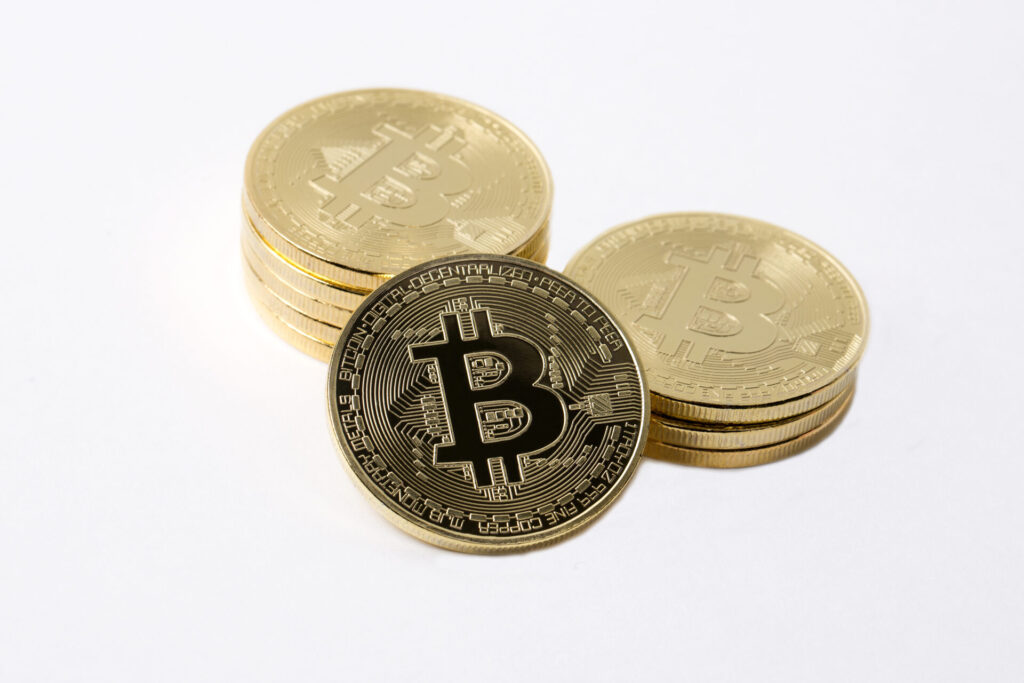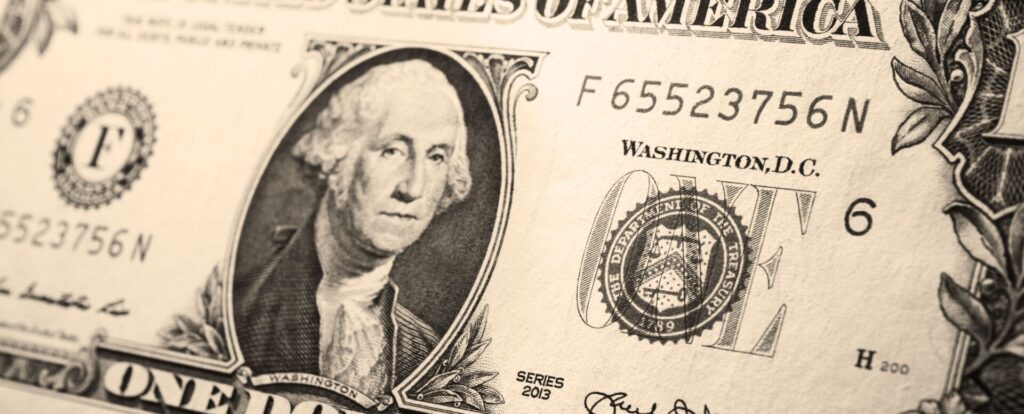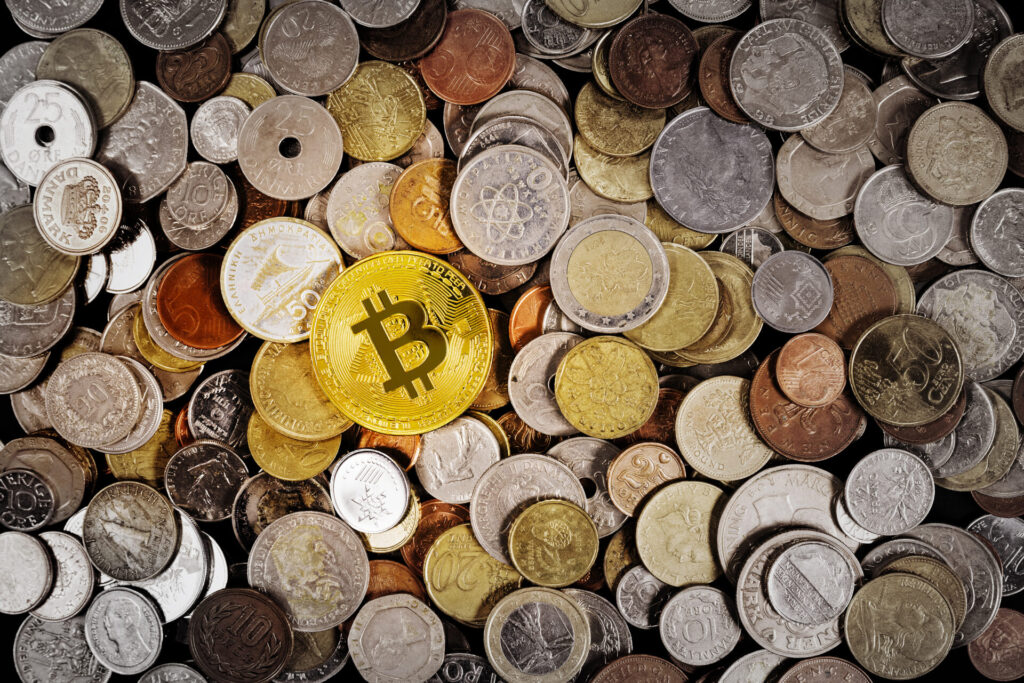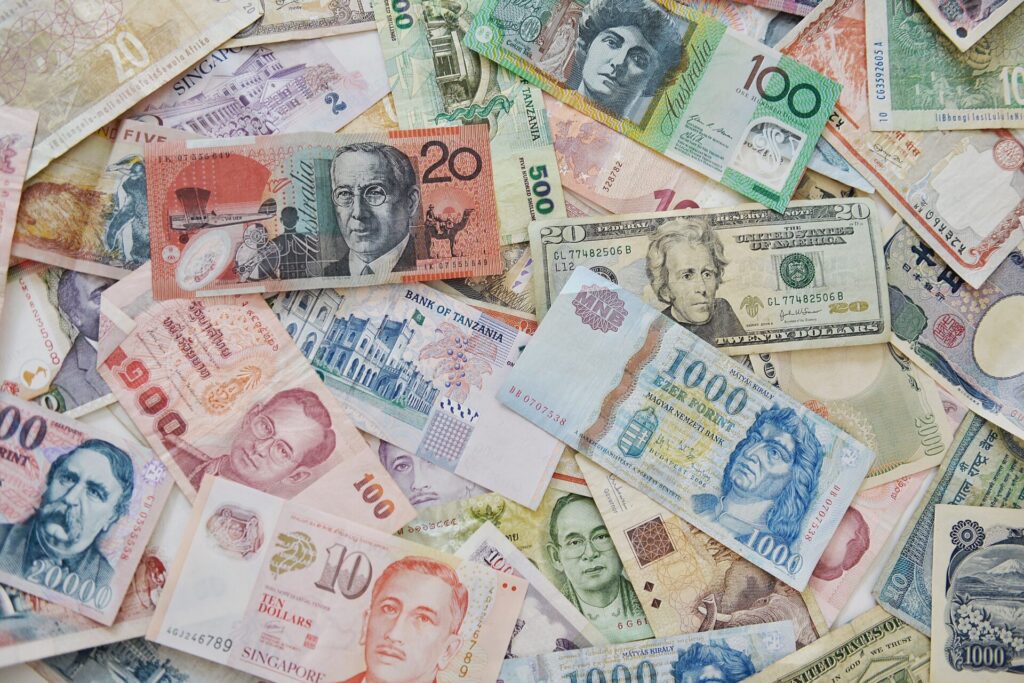In this article we will ask AI to take a look at three global currency contenders. BRICS vs US Dollar vs BTC.
What is BRICS
BRICS is an acronym for Brazil, Russia, India, China, and South Africa. It is a grouping of the world economies of these countries formed by the 2010 addition of South Africa to the predecessor BRIC. The original acronym “BRIC”, or “the BRICs”, was coined in 2001 by Goldman Sachs economist Jim O’Neill to describe fast-growing economies that would collectively dominate the global economy by 20
The BRICS have a combined area of 39,746,220 km2 (15,346,100 sq mi) and an estimated total population of about 3.21 billion, or about 26.7% of the world’s land surface and 41.5% of the global population.
The BRICS countries are all members of the United Nations, the G20, and the World Trade Organization. They have also established a number of financial institutions, such as the BRICS Development Bank and the BRICS Contingent Reserve Arrangement.
The key goals of BRICS are to promote economic growth and development, reduce poverty and inequality and reform the global financial system. The countries behind BRICS also want to promote sustainable development, counter terrorism and other threats to global security and to strengthen cooperation in areas such as trade, investment, and technology
The BRICS countries have achieved some success in achieving these goals. For example, they have helped to reduce poverty and inequality in their own countries, and they have also played a role in reforming the global financial system. However, there is still much work to be done to be a global currency. The BRICS countries will need to continue to cooperate and work together to achieve their goals.
What is Bitcoin

A bitcoin is a digital or virtual currency that uses cryptography for security. A bitcoin is difficult to counterfeit because of this security feature. A defining feature of a bitcoin, and arguably its most endearing allure, is its organic nature. It is not issued by any central authority, rendering it theoretically immune to government interference or manipulation.
Bitcoin is a new and innovative currency that has the potential to revolutionize the way we think about money. However, it is important to be aware of the risks with Bitcoin. Bitcoin (BTC) is not yet a global currency. It is still a relatively new and volatile asset, and its use as a currency is limited. There are a number of factors that limit Bitcoin currently. The price of Bitcoin is highly volatile, meaning that its value can fluctuate wildly in a short period of time. This makes it difficult to use Bitcoin as a stable currency for everyday purchases. Bitcoin is not widely accepted by businesses and merchants. The regulatory landscape for cryptocurrencies is still evolving, and this uncertainty can discourage businesses and individuals from using it. The mining of Bitcoin consumes a significant amount of energy, which is a major environmental concern.
Despite these challenges, there are some potential benefits to using Bitcoin as a global currency. For example, Bitcoin is not subject to government interference or weaponization, and it can be used to send and receive payments without the need for a third party. Additionally, Bitcoin’s decentralized nature makes it resistant to censorship.
Whether or not Bitcoin will become a global currency remains to be seen. However, the technology behind Bitcoin has the potential to revolutionize the way we think about money.
Digital Currencies
Many countries are looking at cryptocurrency however, some more seriously than others. The US government is in the early stages of regulating cryptocurrency. The Securities and Exchange Commission (SEC) has classified some cryptocurrencies as securities, while the Commodity Futures Trading Commission (CFTC) has classified others as commodities. The Financial Crimes Enforcement Network (FinCEN) has also issued guidance on how cryptocurrency businesses should comply with anti-money laundering (AML) regulations.
China has been one of the most aggressive countries in regulating cryptocurrency. In 2017, the Chinese government banned cryptocurrency exchanges and initial coin offerings (ICOs). However, the government has recently softened its stance on cryptocurrency, and it is now considering allowing cryptocurrency trading to resume.
Japan is one of the most progressive countries in terms of cryptocurrency regulation. The Japanese government has recognized Bitcoin as a legal currency, and it has established a regulatory framework for cryptocurrency businesses.
South Korea is another country that has been proactive in regulating cryptocurrency. The South Korean government has banned anonymous cryptocurrency transactions, and it is considering requiring cryptocurrency businesses to obtain a license.
Switzerland is known as a crypto-friendly country. The Swiss government has not imposed any specific regulations on cryptocurrency, and it has even hosted a number of cryptocurrency conferences.
Germany has a relatively relaxed approach to cryptocurrency regulation. The German government has not banned cryptocurrency trading, and it has not imposed any specific regulations on cryptocurrency businesses.
These are just a few of the countries that are looking at cryptocurrency. As the technology continues to develop, it is likely that more countries will adopt regulations to govern its use.
Current US Dollar

Since the end of World War II the US dollar has been the world’s reserve currency, which means that it is the most widely used currency in international trade and finance. The US economy is the largest in the world, and it is also one of the most stable. This gives the US dollar a lot of credibility. The US financial markets are the deepest and most liquid in the world. This means that there is always a lot of demand for US dollars, which makes it easy to trade and invest in dollars. The United States is a major political and economic power in the world. This gives the US dollar a lot of influence, and it makes it a desirable currency for countries to hold as reserves.
The US dollar is not without its challenges. The US economy is facing some headwinds, and the US government is facing a large debt burden. However, the US dollar is still the world’s reserve currency, and it is likely to remain so for the foreseeable future.
There are some factors that could lead to the decline of the US dollar as a global currency however. A decline in the US economy or a rise in inflation. If inflation were to rise significantly in the US, it would make the US dollar less attractive as a store of value. A financial crisis in the US would damage the reputation of the US dollar and make it less attractive as a reserve currency and possibly give rise to another currency
It is impossible to say for sure whether the US dollar will remain the world’s reserve currency in the future. However, it is clear that the US dollar is facing some challenges. The future of the US dollar as a global currency will depend on a number of factors, including the performance of the US economy, the stability of the US financial system, and the geopolitical landscape.
What is the best Global Currency

Whether Bitcoin or the US dollar or BRICS would be a better global currency is a matter of debate. There are pros and cons to all currencies. Bitcoin with it’s transparency and security. The US dollar with it’s relative stability or BRICS with it’s diversity of not being dominated by one country.
It is important to note that a BRICS currency is still a hypothetical currency, and it is not yet clear whether it would be feasible to create one. However, the BRICS countries have been discussing the possibility of creating a common currency for several years, and it is possible that they could reach an agreement in the future.
If a BRICS currency were to be created, it would face a number of challenges. The BRICS countries would need to agree on the design of the currency, the exchange rate regime, and the monetary policy framework. They would also need to build up the infrastructure to support the currency, such as clearing and settlement systems.
Ultimately, whether Bitcoin, BRICS or the US dollar would be a better global currency is a matter of opinion. There are pros and cons to all currencies, and the best option for a particular country or individual will depend on their specific needs and circumstances.
Bitcoin is a rapidly evolving technology, and it is possible that it could become more widely accepted in the future.
It is also possible that the US dollar could remain the world’s reserve currency for the foreseeable future. The US economy is still the largest and most stable in the world, and the US dollar is still the most widely used currency in international trade and finance. However, the US dollar is facing some challenges, such as rising inflation and political uncertainty. If these challenges were to worsen, it could lead to a decline in the US dollar’s status as a global currency.
Only time will tell. Here is another interesting story about digital technologies.



